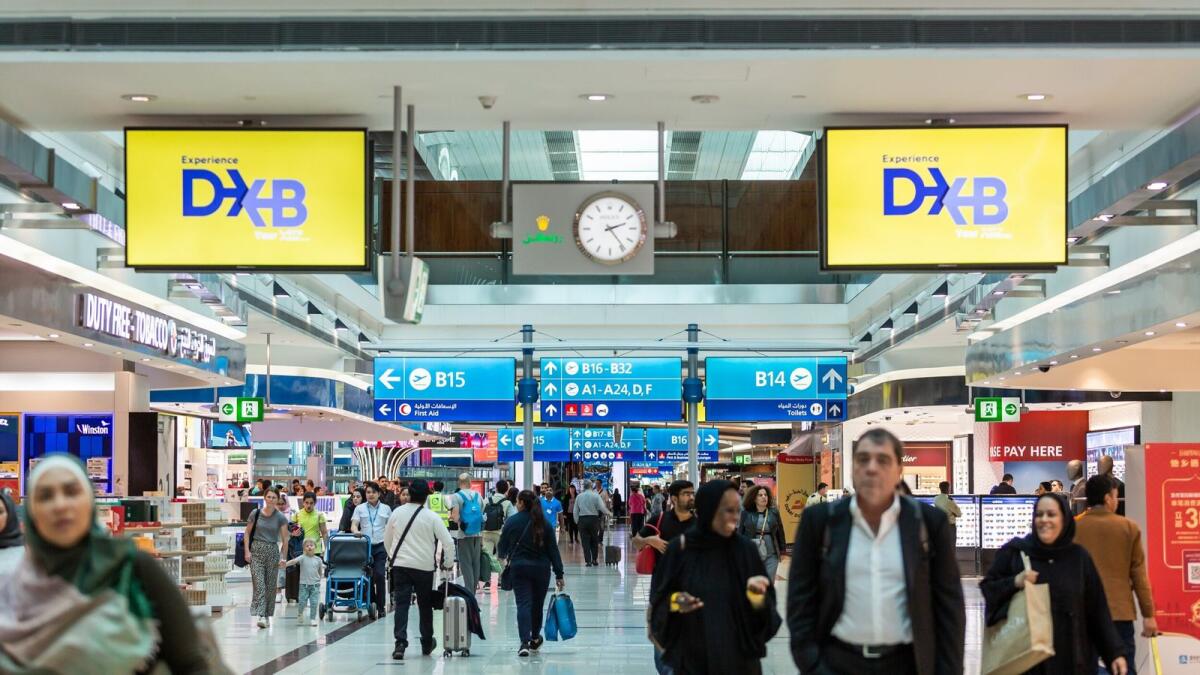Dubai International Airport is set to break records by expecting to reach a record 93 million passengers by the end of the year, surpassing the previous estimate of 91.8 million. This increase is attributed to the strong bounce back in the aviation sector after the pandemic, driven by revenge travel. In the first half of 2024, the airport reported a record 44.9 million passengers, marking an 8% increase year-on-year. This growth is expected to continue for the remainder of the year, with a nearly 7% increase compared to last year’s figures.
The revised estimate of 93 million passengers by the end of the year reflects the ongoing growth and connectivity of Dubai airport. It is one of the most connected airports globally, offering connections to 262 destinations across 104 countries through 102 international carriers. This connectivity has played a crucial role in attracting passengers and driving the airport’s growth. The airport is continuously implementing technology and processes that speed up passenger flows to accommodate the increasing traffic.
Dubai Airports CEO, Paul Griffiths, highlighted the importance of artificial intelligence in managing and optimizing airport operations. He mentioned the use of cameras to record aircraft turnarounds and analyze data to set targets and averages for improving efficiency. Additionally, the airport has been focused on employing and promoting Emirati talent, with 78% of the management team being Emiratis. This focus on talent development has resulted in highly motivated employees who contribute to the airport’s success.
The success of Dubai International Airport can be attributed to its strategic initiatives in enhancing customer experience and operational efficiency. The airport aims to ensure that passengers have a seamless and efficient journey through the airport, reducing waiting times and enhancing convenience. With the expected record number of passengers by the end of the year, Dubai airport continues to position itself as a key hub for global travel and connectivity, contributing to the growth of the aviation sector in the region.
The aviation industry in Dubai has witnessed a remarkable recovery post-pandemic, with strong passenger numbers and increased connectivity. The growth of Dubai International Airport reflects the resilience and adaptability of the sector in navigating challenges and seizing opportunities. As the airport continues to expand its operations and infrastructure, it is poised to cater to the growing demand for air travel and play a pivotal role in connecting people and businesses across the world.
In conclusion, Dubai International Airport’s projected record number of passengers by the end of the year is a testament to its continued growth and success in the aviation sector. With a focus on innovation, efficiency, and talent development, the airport is well-positioned to meet the evolving needs of passengers and airlines. As one of the world’s most connected airports, Dubai airport plays a significant role in global travel and connectivity, contributing to the economic development of the region and enhancing its reputation as a leading aviation hub.











